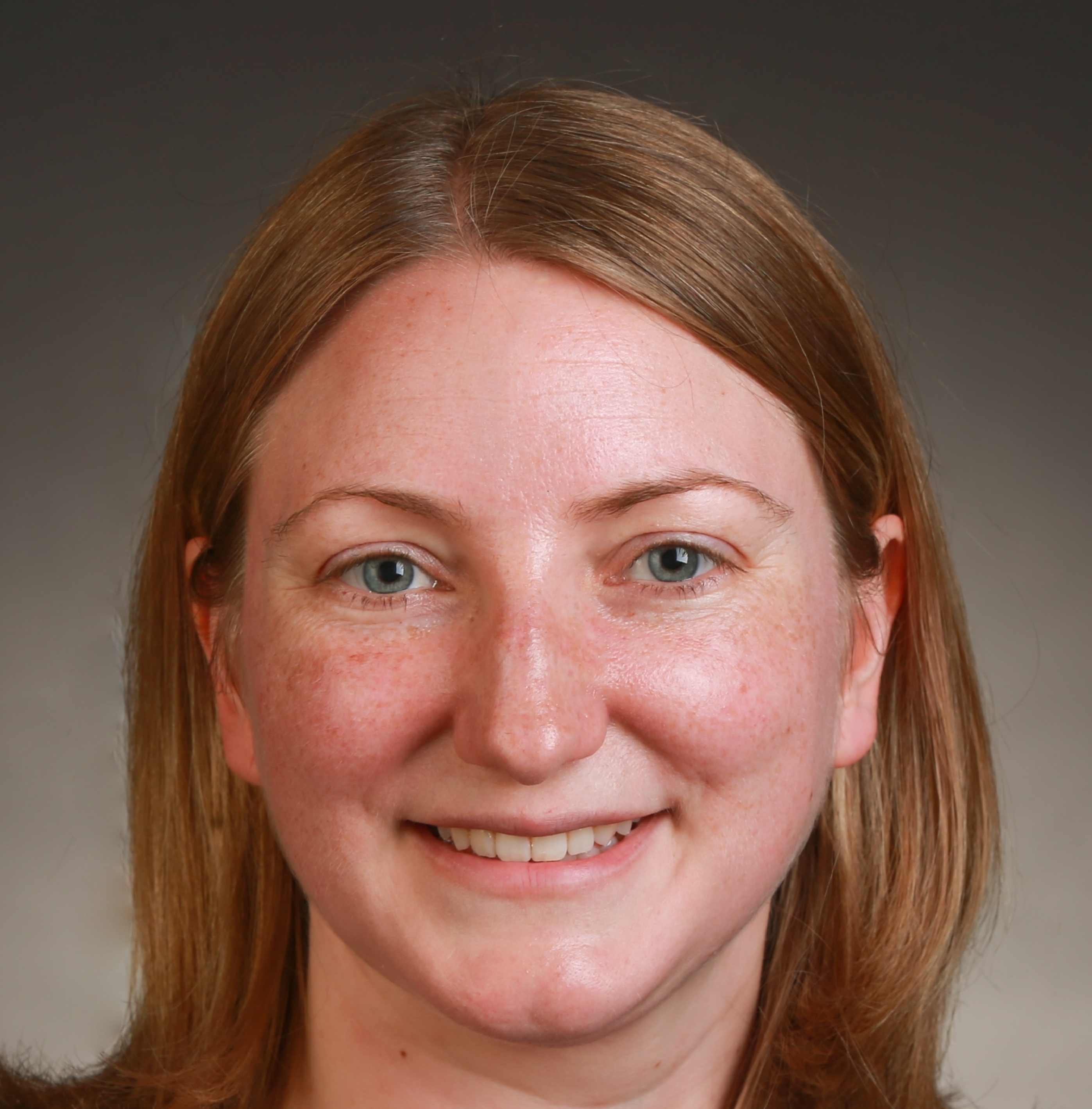PROJECT NARRATIVE: Genetic counseling and health education are essential components of any early diagnosis program for sickle cell disease to ensure that risk results are effectively communicated by healthcare workers to those at-risk couples and their families. These are also important within the context of culture and health literacy because health beliefs and attitudes of the general public have a significant impact on health seeking behaviors that substantially influence reproductive decisions made by individuals and families.
PROJECT NARRATIVE The University of Utah Center for Excellence in ELSI research explores issues relevant to population testing and screening for genetic conditions in the healthcare of women and children, as well as ELSI issues arising from testing and screening in the broader family context and responses to disabilities identified through genetic technologies. The Center supports cores in research, education and career advancement, and administration.
This application is to fund the University of Utah Center of Excellence in ELSI Research (UCEER). The University of Utah has a strong tradition in human genetics and ELSI research and this proposal will build on our successful development and management of a P20 funded CEER. The proposed UCEER will focus primarily, although not exclusively, on issues relevant to population screening for genetic conditions in the healthcare of women, children, and young families.
While the value of identifying individuals in the population who carry `actionable' variants and screening their relatives (i.e. cascade screening) is widely acknowledged, there are numerous barriers in implementing this process and studying the optimal approaches for doing this. First, the feasibility of returning genetic results is complex as it depends on many issues, including the community expectations, consent form language, local IRB considerations, and logistical, feasibility, and cost issues, among others.

